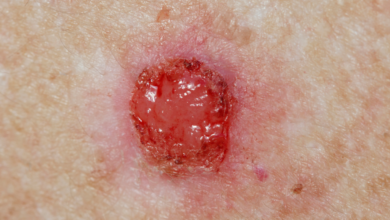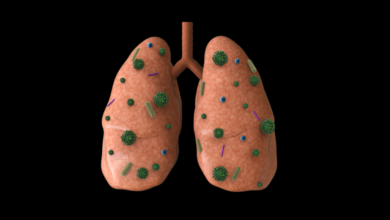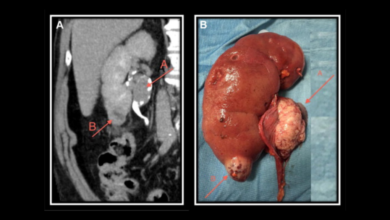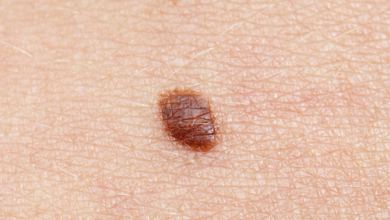
What is Anal Cancer?
Anal cancer is a rare type of cancer that develops in the cells of the anus, the opening at the end of the digestive tract.
Types of Anal Cancer
The most common type of anal cancer is squamous cell carcinoma. This type of cancer develops in the squamous cells that line the anus.
Symptoms of Anal Cancer
Symptoms of anal cancer can vary, but may include:
- Bleeding: Blood in the stool or rectal bleeding
- Pain or discomfort: During bowel movements or sexual intercourse
- Itching or irritation around the anus
- Changes in bowel habits: Such as diarrhea, constipation, or a feeling of incomplete bowel movement
- A lump or mass near the anus
- Pain in the lower back or pelvis
Causes of Anal Cancer
The exact cause of anal cancer is not fully understood, but certain factors may increase the risk, including:
- Human papillomavirus (HPV) infection: HPV is a sexually transmitted infection that can lead to anal cancer.
- Weakened immune system: People with weakened immune systems, such as those with HIV/AIDS, are at higher risk.
- Smoking: Smoking can increase the risk of anal cancer.
- Certain sexual behaviors: Anal sex, especially without the use of a condom, can increase the risk.
Who Can Suffer from Anal Cancer?
While anyone can develop anal cancer, certain groups may be at higher risk, including:
- People with HIV/AIDS
- People who have had anal cancer in the past
- People who have had certain sexually transmitted infections, such as HPV
Diagnostic Tests for Anal Cancer
To diagnose anal cancer, a doctor may perform the following tests:
- Physical exam: A doctor will examine the anal area for any abnormalities.
- Anoscopy: A doctor inserts a lighted instrument into the anus to examine the anal canal.
- Sigmoidoscopy: A flexible tube with a light and camera is inserted into the rectum to examine the lower part of the colon and the anus.
- Biopsy: A small tissue sample is removed from the affected area and examined under a microscope.
Stages of Anal Cancer
The staging of anal cancer helps determine the extent of the disease and guides treatment decisions. The most common staging system is the TNM system, which considers the size of the tumor (T), the spread to nearby lymph nodes (N), and the presence of distant metastases (M).
Treatment of Anal Cancer
The treatment for anal cancer depends on the stage of the cancer and the overall health of the patient. Common treatments include:
- Surgery: This is the primary treatment for early-stage anal cancer. The surgery may involve removing the tumor and surrounding tissue.
- Radiation therapy: High-energy rays are used to kill cancer cells. It is often used in combination with chemotherapy.
- Chemotherapy: Chemotherapy drugs are used to kill cancer cells throughout the body.
- Immunotherapy: This treatment helps your immune system fight cancer cells.
Best Diet for Anal Cancer Prevention
While there’s no specific diet to prevent anal cancer, a healthy diet can contribute to overall health and reduce the risk of certain cancers. A balanced diet rich in fruits, vegetables, whole grains, and lean protein can be beneficial.
Additionally, limiting processed meats and red meat can also be helpful.
Overall Survival Rate of Anal Cancer
The overall survival rate for anal cancer varies depending on the stage of the cancer and the specific treatment plan. Early detection and treatment significantly improve the prognosis.
Doctor to Consult
A colorectal surgeon or a medical oncologist is the best doctor to consult for anal cancer.
Diseases Associated with Anal Cancer
While anal cancer itself is a relatively rare condition, it’s often associated with human papillomavirus (HPV) infection, which can also lead to other cancers, such as cervical cancer and throat cancer.
How to Prevent Anal Cancer
To reduce the risk of anal cancer, consider the following:
- HPV Vaccination: Getting vaccinated against HPV can help protect against anal cancer.
- Safe Sex Practices: Using condoms during anal sex can reduce the risk of HPV infection.
- Healthy Lifestyle: Maintaining a healthy lifestyle, including a balanced diet and regular exercise, can boost the immune system.
- Regular Check-ups: Regular check-ups with a healthcare provider can help detect any abnormalities early on.





